Russia’s military has transformed from its early failures in Ukraine into a rapidly adapting force — one that’s not only learning from the battlefield but actively institutionalising and exporting those lessons to key autocratic allies: China, Iran, and North Korea, according to a Foreign Affairs magazine report.
Since 2022, Russia has built a comprehensive wartime learning ecosystem that links its frontline units with defence manufacturers, military researchers, universities, and policymakers.
The experience gathered on the battlefield is being fed back into training centers and combat manuals, with particular emphasis on drone warfare, electronic systems, and small-unit tactics. These insights have already reshaped Russian doctrine and operational approaches in Ukraine, making its forces more resilient and tactically flexible.
Importantly, these lessons are no longer confined within Russia.
According to the report, Moscow is actively disseminating its battlefield experience to partners like Beijing, Tehran, and Pyongyang.
Through joint exercises, military exchanges, and defence cooperation, Russia is positioning itself as a mentor in modern warfare for other authoritarian regimes. Its innovations in drone tactics, decentralised command structures for junior officers, and the integration of AI, robotics, and uncrewed systems are central to the doctrine it is exporting, added the report.
This effort is driven by a system that sends battlefield lessons straight to researchers and weapons makers, helping Russia quickly develop and deploy new military technologies.
Despite ongoing issues such as poor discipline, uneven training, and a rigid command culture in some units, Russia’s armed forces are becoming a learning organisation, capable of adapting in real time and preparing for future, high-tech conflicts.
Its capacity to evolve under fire and to institutionalise that evolution sets it apart from many of its peers, and now it is using that edge to shape the capabilities of its allies.
Impact Shorts
More ShortsWestern governments, meanwhile, are being urged to pay close attention.
According to the report, to avoid falling behind, the United States and Europe need to start paying better attention—especially since Moscow is passing its knowledge along to its autocratic partners.
But that means they must see the Russian military for what it is: flawed, but resilient in its own way. Its structural problems are very real and would be particularly acute in the event of a conflict with Nato. Yet its learning process is relentless. The Russian armed forces will further modify tactics, introduce new weapons, and expand as they begin a decadelong reconstitution effort, added the report.
With inputs from agencies


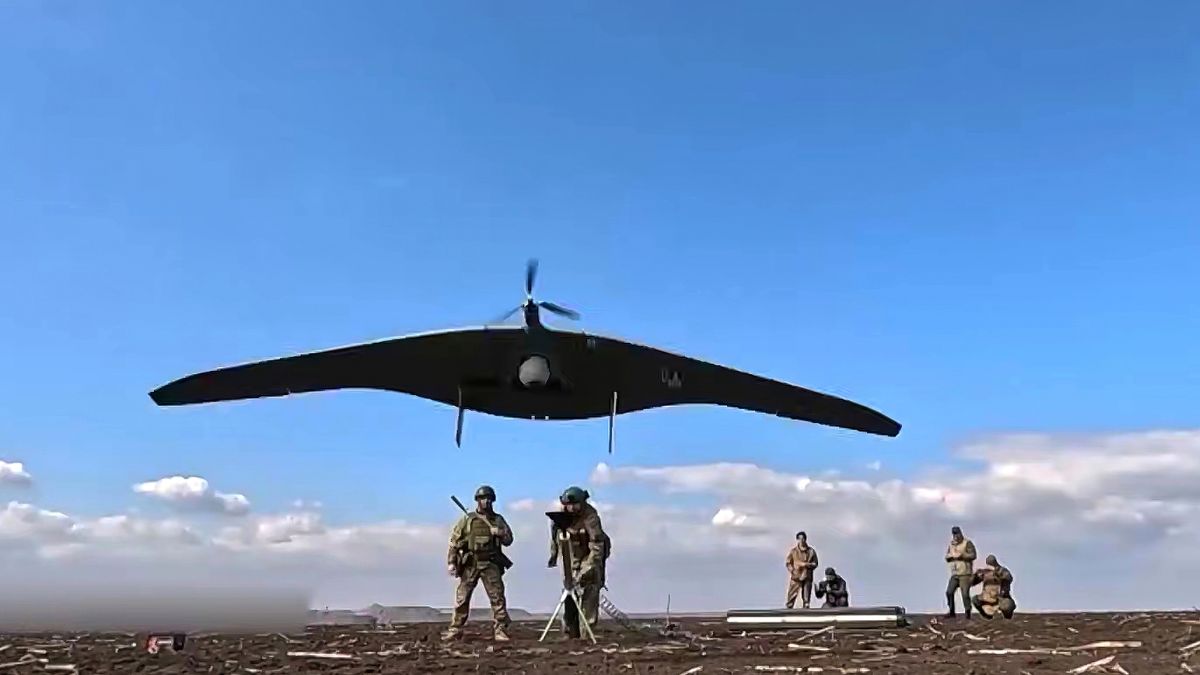)
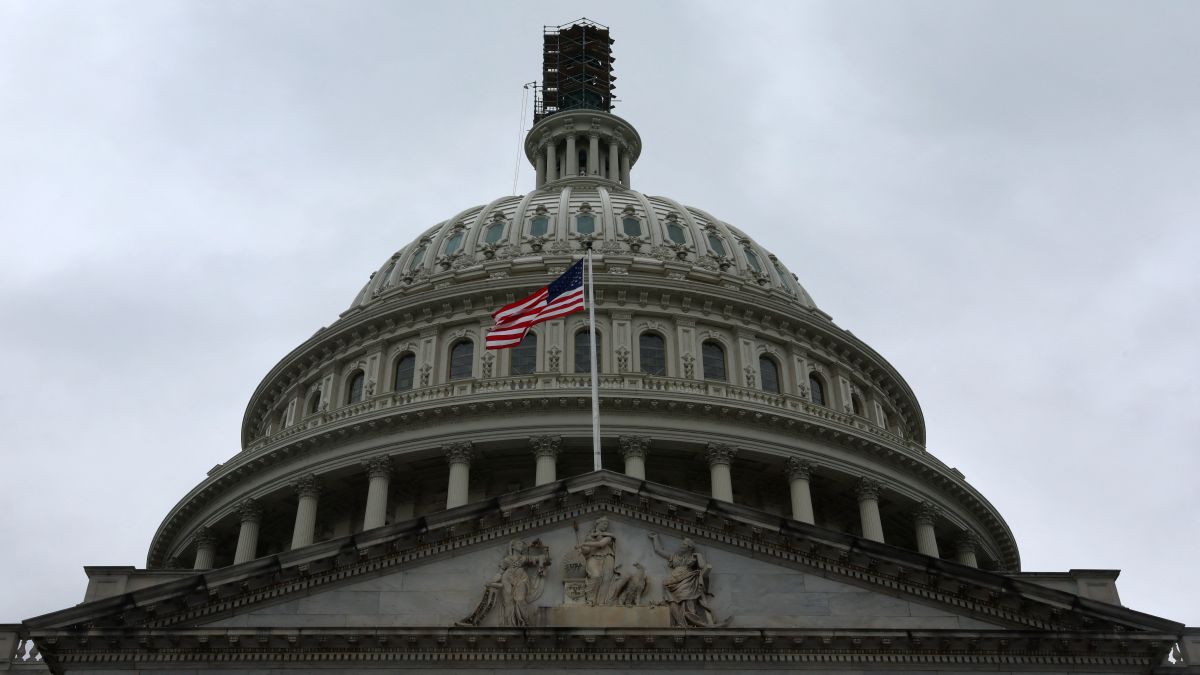
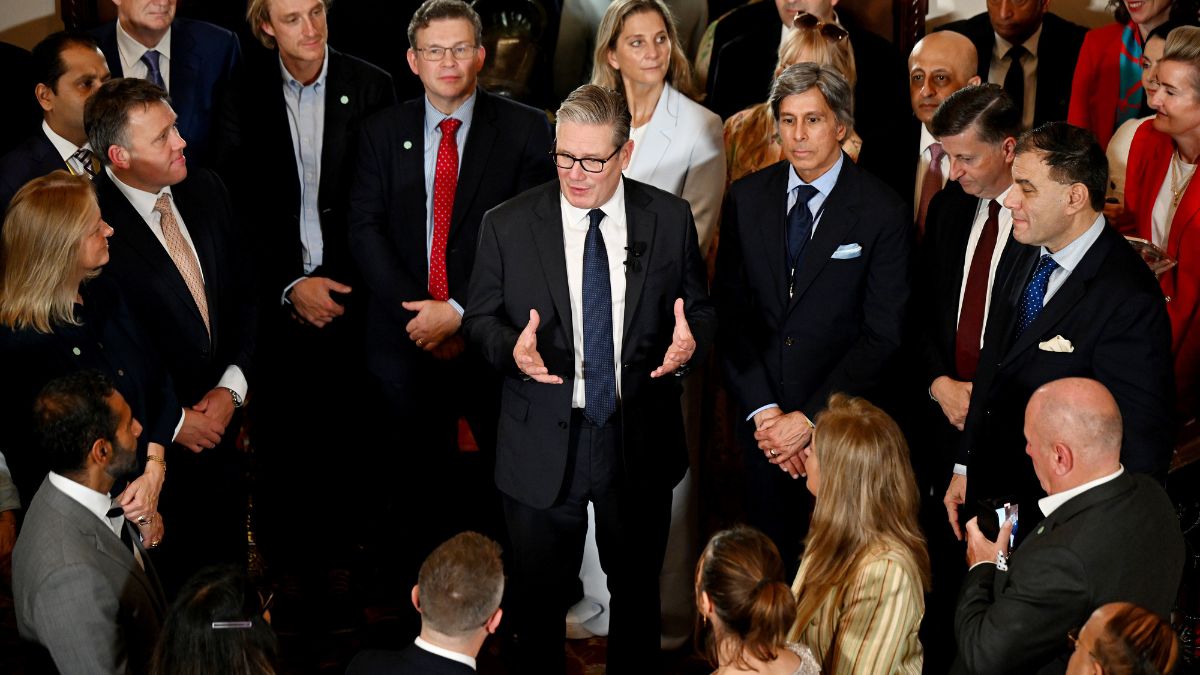)
)
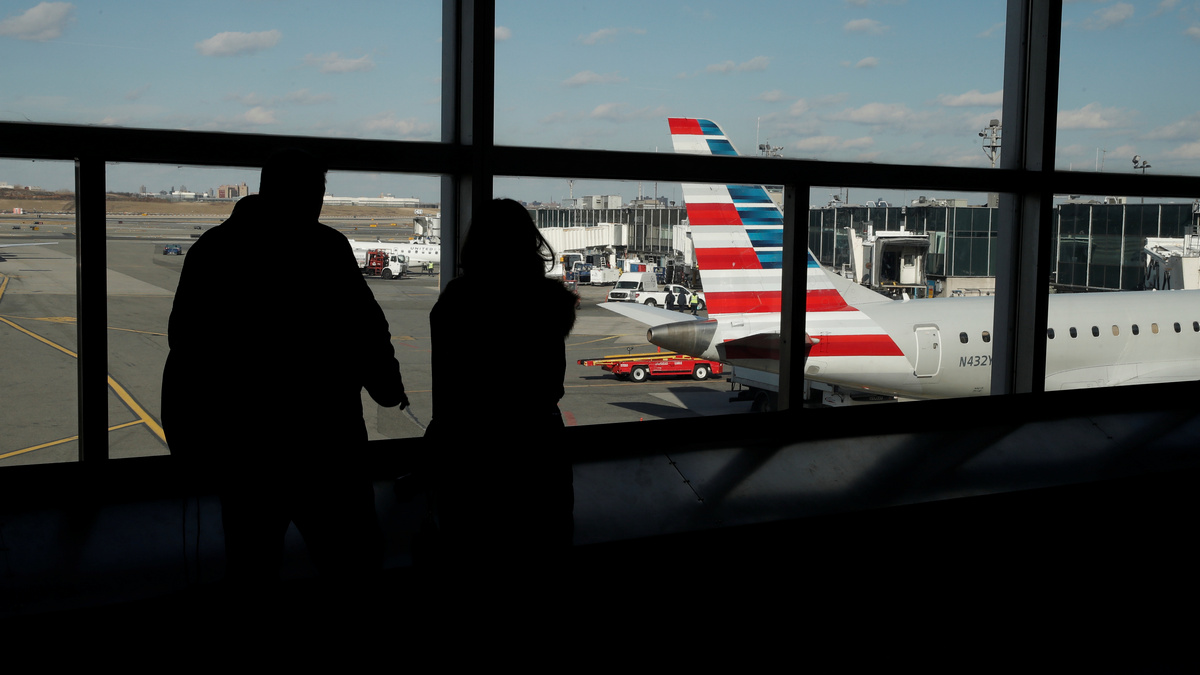)
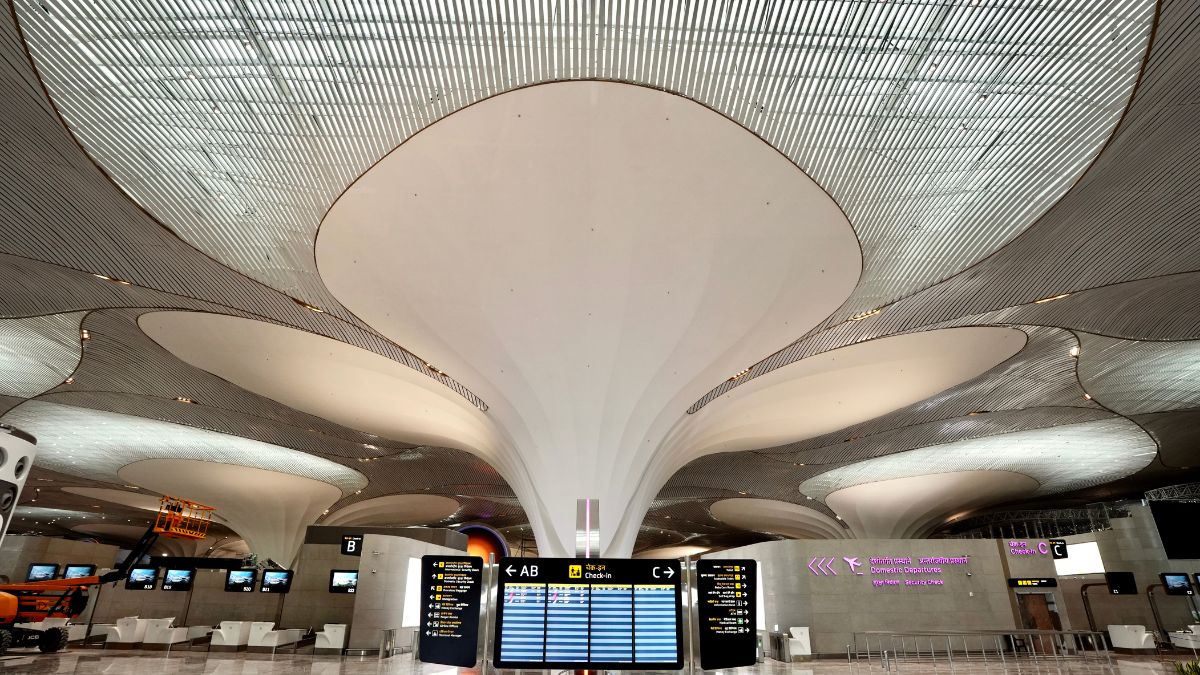)
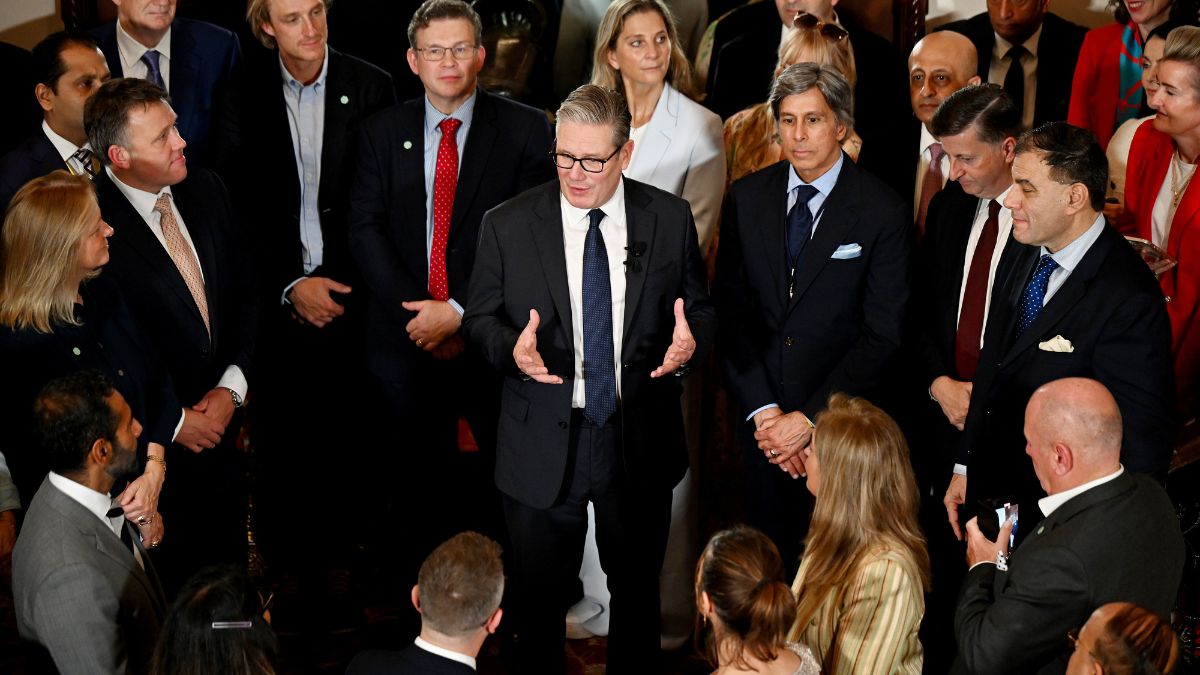)
)
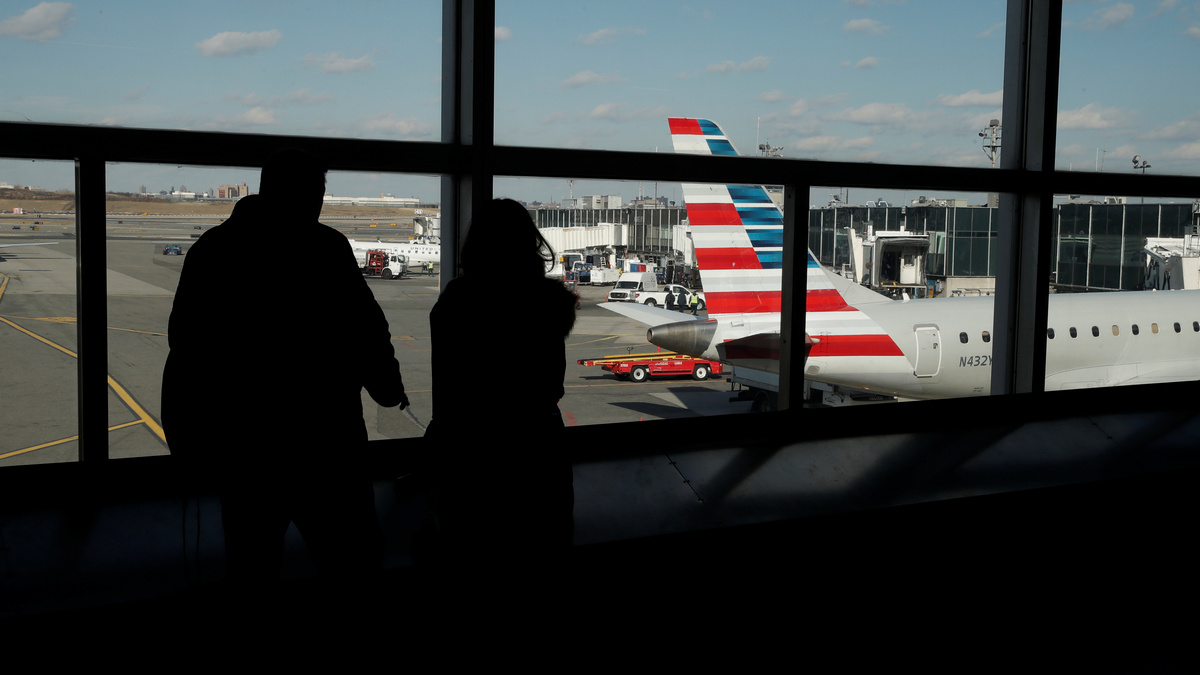)
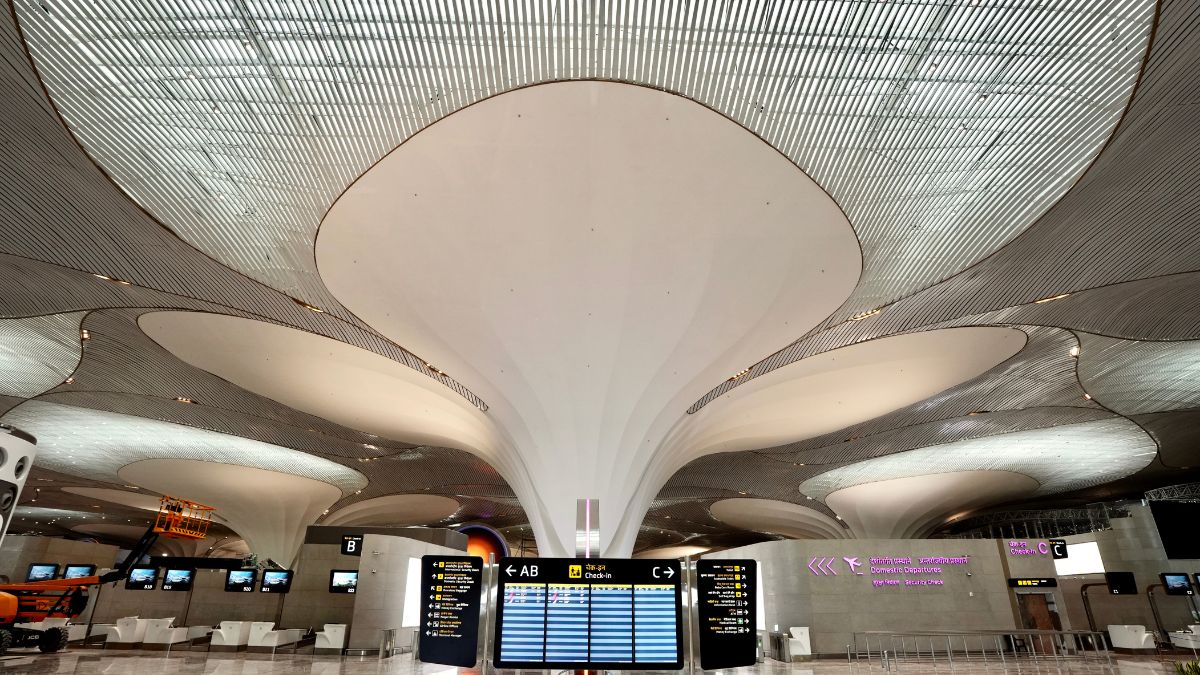)



